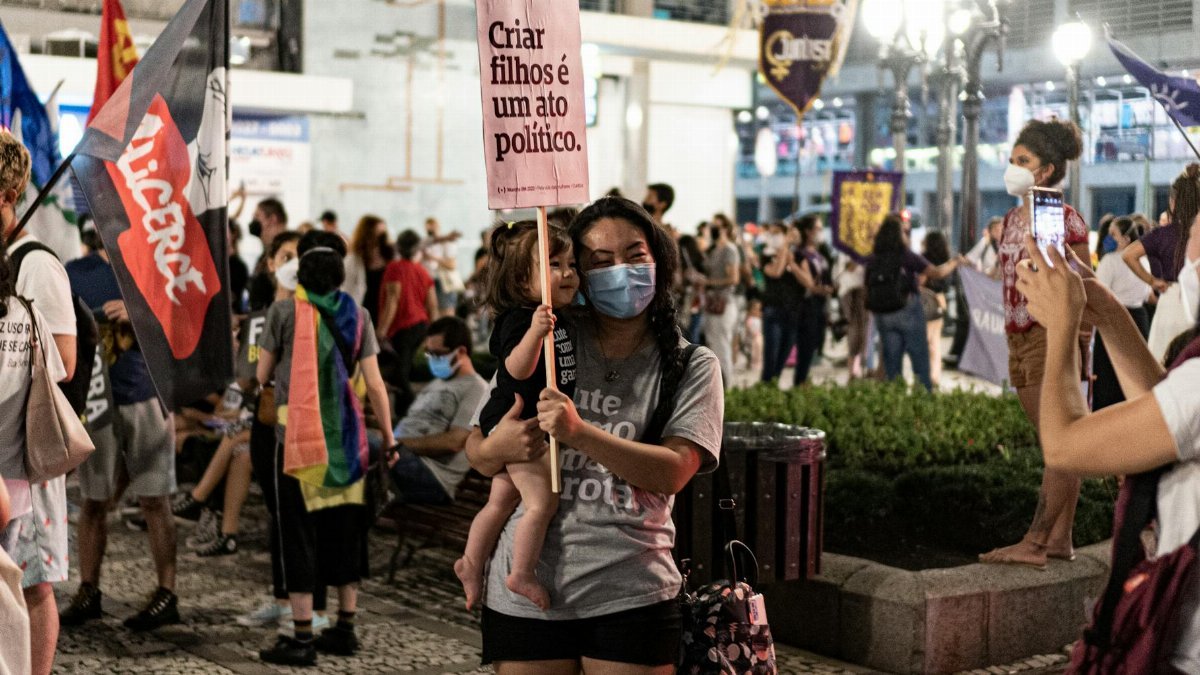Mass youth MH cuts are sparking outrage across Massachusetts as the Healey administration’s draft FY 2026 budget threatens to slash critical mental health services for adolescents. Unveiled on March 27, 2025, the proposal aims to save $12 million by closing two inpatient units and eliminating 39 beds. With clinicians sounding alarms over already strained resources and parents rallying for action, the stakes couldn’t be higher. As the July 1 deadline looms, the question remains: will funding be restored in time to protect the state’s most vulnerable youth?
Budget Proposal Shocks Advocates

The Healey administration’s draft budget for FY 2026, released on March 27, 2025, dropped a bombshell on mental health advocates. By proposing the closure of two adolescent inpatient units, the plan would cut 39 beds statewide. The stated goal? Saving $12 million in a tight fiscal year. But for many in the mental health community, the cost of these cuts far outweighs the savings, especially when youth are already struggling to access care in a system stretched to its limits.
Clinicians Highlight Crisis in Care

During public hearings on April 10, 2025, clinicians delivered a stark warning about the ripple effects of the proposed cuts. They pointed to emergency room boarding times for youth in mental health crises, which currently average a staggering 56 hours. Without inpatient beds, these wait times could skyrocket, leaving vulnerable adolescents in limbo during their most desperate moments. Providers stressed that the system is already failing too many, and further reductions could push it past the breaking point.
Parents Rally for Their Children

Frustrated by the looming threat to services, parents took to the streets from April 18 to 21, 2025, organizing rallies to demand action. Their message was clear: youth mental health cannot be sacrificed for budget balancing. These grassroots efforts targeted the House Ways & Means Committee, urging members to prioritize funding ahead of a critical vote scheduled for June 12, 2025. For many families, the fight is personal, driven by fear of what could happen if their children lose access to essential care.
Hospitals Warn of Dire Consequences

Major institutions like Boston Children’s Hospital and McLean Hospital have joined the chorus of concern. They caution that if funding isn’t restored by the July 1, 2025, deadline, Massachusetts could face a surge in out-of-state transfers for youth needing inpatient treatment. Such moves not only disrupt continuity of care but also place additional emotional and financial burdens on families already grappling with mental health challenges. The hospitals argue that local solutions must be prioritized to keep care accessible.
Systemic Strain Under Scrutiny

The proposed mass youth MH cuts come at a time when Massachusetts’ mental health system is already under intense pressure. Long wait times, limited bed availability, and a growing demand for adolescent services have created a perfect storm. Clinicians and advocates argue that cutting resources now ignores the broader crisis, especially as national data shows rising rates of anxiety and depression among teens. For context, the CDC’s Children’s Mental Health Data highlights the urgent need for expanded, not reduced, services.
Legislative Showdown Looms

All eyes are now on the House Ways & Means Committee as the June 12, 2025, vote approaches. The decision will be a pivotal moment in determining whether the $12 million in funding can be restored to preserve the 39 inpatient beds. Advocates are pressing lawmakers to consider the human cost of inaction, emphasizing that budget cuts today could lead to far greater expenses—both financial and societal—down the line if youth mental health needs go unmet.
Clock Ticking Toward Deadline

With the July 1, 2025, deadline fast approaching, the urgency to reverse the proposed cuts is palpable. If the closures move forward, the loss of inpatient units could reshape the landscape of youth mental health care in Massachusetts, potentially forcing families to seek help far from home. Stakeholders across the board—from clinicians to parents to hospital leaders—are united in their call for lawmakers to act swiftly and decisively to protect the state’s adolescents.
Broader Implications for 2025

As Massachusetts grapples with these cuts, the debate reflects a larger national struggle over how to fund mental health services amid competing budget priorities. The outcome here could set a precedent for other states facing similar dilemmas in 2025. For now, the focus remains on ensuring that youth in crisis aren’t left behind. Resources like the National Institute of Mental Health’s Child and Adolescent Resources underscore the critical importance of accessible care during formative years.
